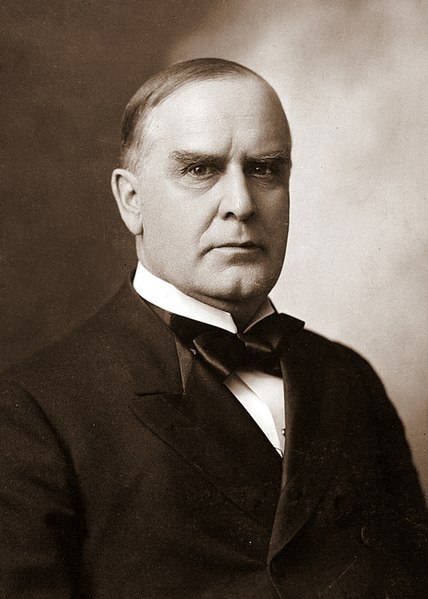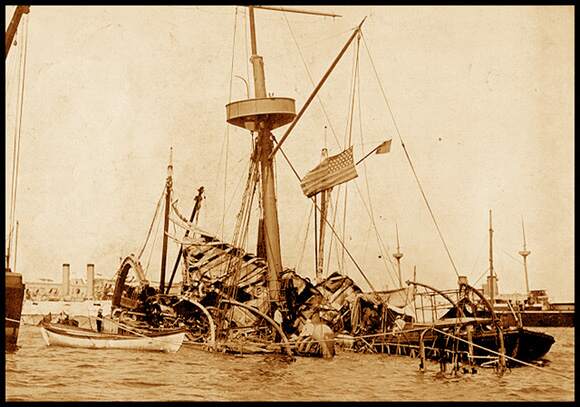
The case of Brown vs. Board of Education dealt with the issue of a supposedly all white public school in Topekam Kansas denying little Linda Brown, a black girl, the right to attend the school. She lived closer to this all white public school than the black school that she was walking a mile to in order to attend. This case caused many conflicts regarding segregation in schools to arise. The NAACP was eager to aid in the case, striving to end this segregation in schools and other areas of daily life. Additionally, the case of Plessy vs. Ferguson was discussed which had established that separate but equal was unconstitutional which was exactly what the case of Brown vs. Board of Education was dealing with. The schools available for blacks during this time were obviously not equal. Linda Brown challenged this. Her case resulted in the desegregation of the school system which forever changed America. Although desegregation happened very gradually, it began with the victory of Linda Brown. This revolutionary event in history also sparked the Civil Rights Movement, forever impacting and progressing the United States into what we have become today.
"To separate children solely because of their race
generates a feeling of inferiority that may affect
their hearts and minds in a way unlikely ever to be undone."
generates a feeling of inferiority that may affect
their hearts and minds in a way unlikely ever to be undone."
























